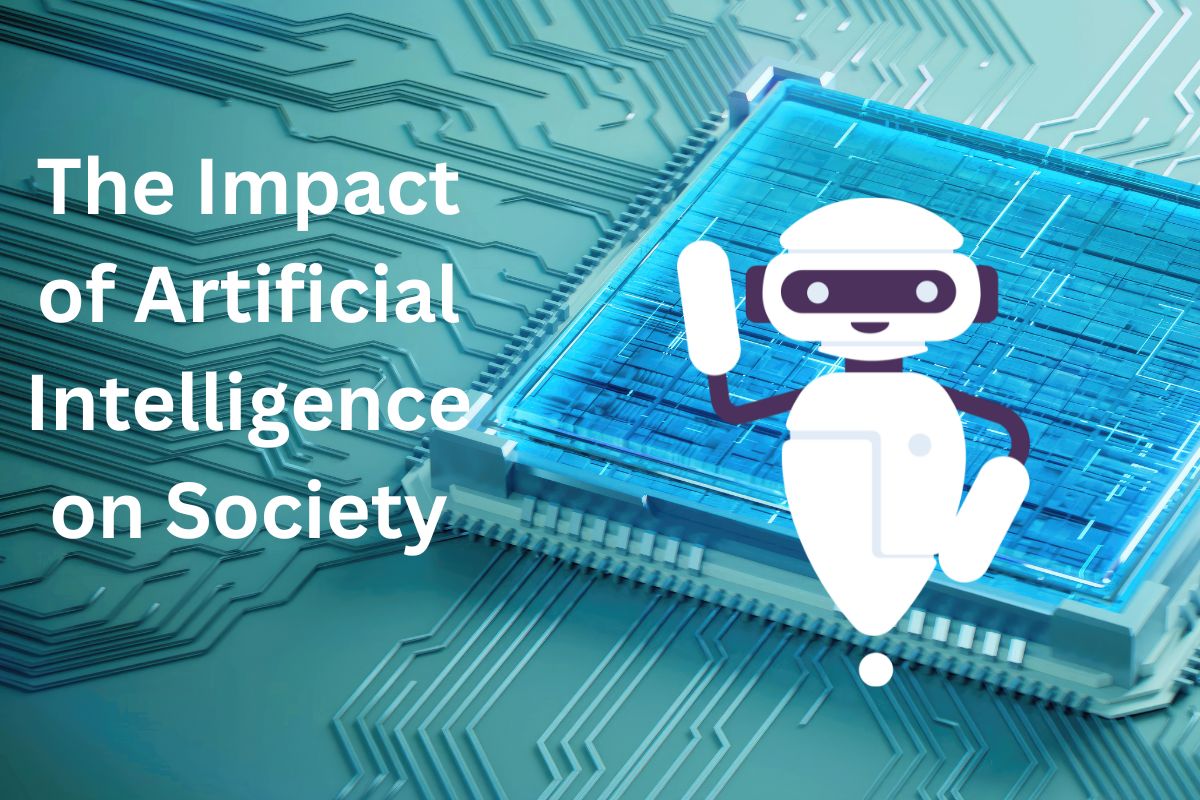The impact of artificial intelligence (AI) on society is profound and far-reaching, touching nearly every aspect of our lives. AI technologies, driven by algorithms and machine learning algorithms, are increasingly integrated into various sectors, transforming industries, reshaping economies, and influencing social dynamics.
One of the most significant impacts of AI on society is its role in revolutionizing industries and driving innovation. In healthcare, AI-powered diagnostic tools and predictive analytics enable earlier disease detection and personalized treatment plans, improving patient outcomes and reducing healthcare costs. In finance, AI algorithms analyze vast amounts of data to detect fraud, optimize investment portfolios, and make real-time trading decisions, enhancing efficiency and accuracy in financial markets.
Moreover, AI is transforming the way we work and interact with technology. Automation and robotics driven by AI are reshaping the labor market, automating repetitive tasks, and creating new job opportunities in emerging fields such as data science, machine learning, and AI engineering. However, concerns about job displacement and the widening gap between skilled and unskilled workers persist, necessitating investments in education and workforce development to prepare individuals for the digital economy.
In addition to its economic and professional impacts, AI is also influencing social dynamics and ethical considerations. AI algorithms, trained on vast datasets, can perpetuate biases and discrimination, leading to concerns about fairness and accountability in AI systems. Issues such as algorithmic transparency, data privacy, and the ethical use of AI technologies are increasingly debated, prompting calls for greater regulation and oversight to ensure AI is deployed responsibly and ethically.
Furthermore, the proliferation of AI-powered technologies has raised concerns about cybersecurity and data protection. As AI becomes more sophisticated, the potential for malicious actors to exploit vulnerabilities in AI systems and manipulate data for nefarious purposes increases, posing risks to individuals’ privacy and national security.
Despite these challenges, AI holds immense promise for addressing some of society’s most pressing challenges, from climate change and healthcare disparities to education and accessibility. By harnessing the power of AI responsibly and ethically, we have the opportunity to create a more equitable, sustainable, and prosperous future for all.
In summary, the impact of artificial intelligence on society is multifaceted, encompassing economic, professional, social, and ethical considerations. While AI presents tremendous opportunities for innovation and progress, it also poses challenges and risks that must be addressed thoughtfully and proactively to ensure that AI technologies benefit society as a whole.



